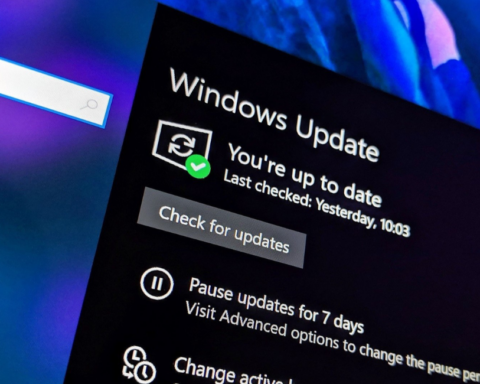Business/IT Magazine/Magazine Advertisement india/News/Product Launch/Security/Social Media/Tech Hardware/Technology News
2 mins read
This Festive Season, eScan alerts of Fake Discounts on the Internet
Tags:
- Display virus information on your site
- ecome a eScan Partner
- eScan Activation
- eScan Affiliate Program
- eScan alerts of Fake Discounts on the Internet
- eScan Anti-Virus for Linux Desktops
- eScan Anti-Virus for Windows Version 11
- eScan Anti-Virus Security for Mac
- eScan Anti-Virus with Cloud Security
- eScan Blog
- escan channel offer diwali
- eScan Corporate 360 (with MDM & Hybrid Network Support)
- eScan Corporate Edition (with Hybrid Network Support)
- eScan Corporate Edition for Citrix Servers
- eScan Customization Kit
- escan diwali offer
- escan diwali offer 2014
- eScan Endpoint Security (with MDM & Hybrid Network Support)
- eScan Enterprise 360 (with MDM & Hybrid Network Support)
- eScan Enterprise Edition (with Hybrid Network Support)
- eScan Enterprise Edition for Microsoft SBS Standard
- eScan Feeds
- eScan for Linux Desktops
- eScan for Linux File Servers
- eScan Internet Security Suite Version 11
- eScan Internet Security Suite with Cloud Security
- eScan Mobile Security for Android
- eScan on Facebook
- eScan on Flickr
- eScan on Google +
- eScan on Linkedin
- eScan on Plurk
- eScan on Twitter
- eScan on YouTube
- eScan Partner Benefits
- eScan RSS Feeds
- eScan Tablet Security for Android
- eScan Total Security Suite with Cloud Security
- eScan Universal Security Suite
- eScan Virus Alerts
- eScan Web and Mail Filter
- eScan Wiki
- MailScan for CommuniGate Pro
- MailScan for Linux
- MailScan for Lotus Notes
- MailScan for Mail Servers
- MailScan for Mailtraq
- MailScan for Merak
- MailScan for Microsoft Exchange Server
- MailScan for SMTP Servers
- MailScan for VPOP3
- OEM Products
- Partner Download
- technical support
- This festive season
- This Festive Season eScan alerts of Fake Discounts on the Internet
- Weekly Offline Updates






